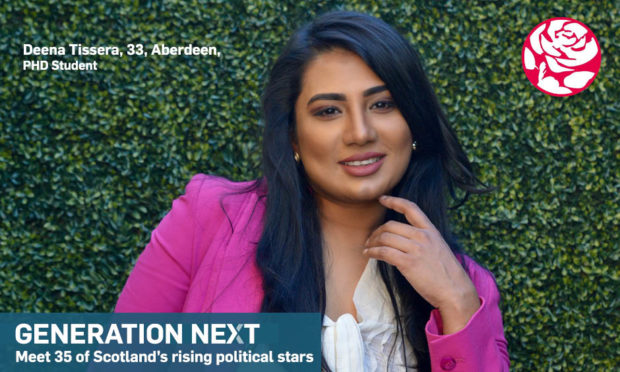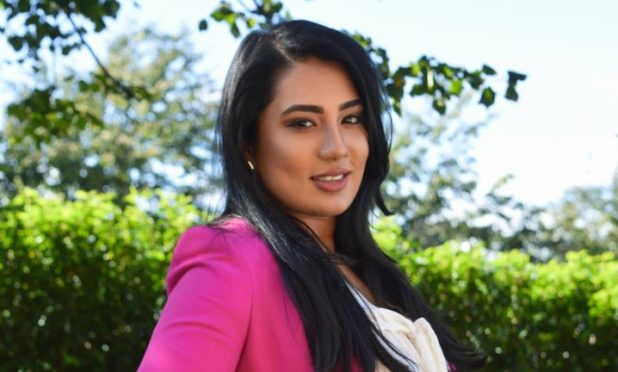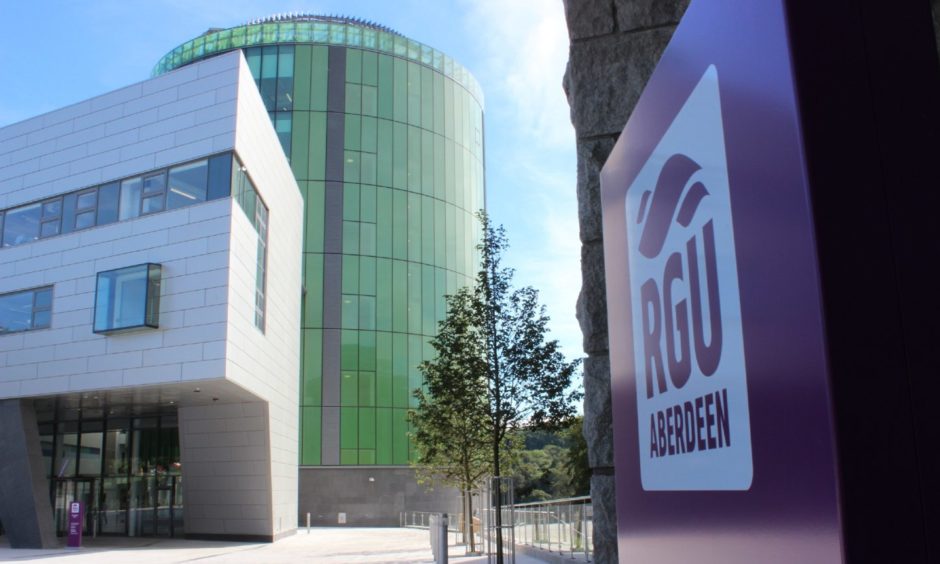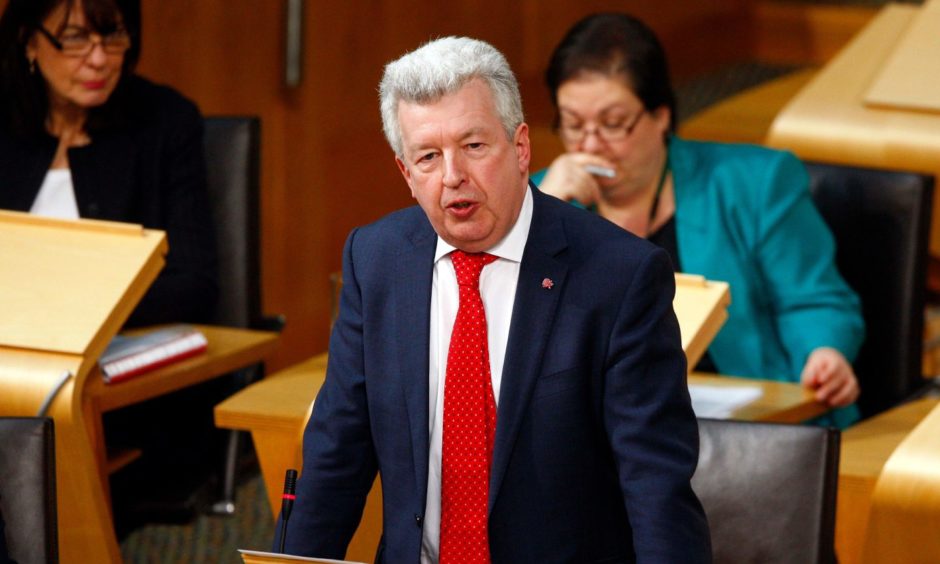From working in war zones to competing in beauty pageants, Deena Tissera is already unlike most established politicians in Scotland.
But in a country that has never elected an Asian female to its parliament, she is acutely aware there are also other ways in which she does not fit the pale, male and stale stereotype.
The Sri Lanka-born PhD student is not the type to just accept such a situation, however.
She clearly feels dutybound to try to break the mould in the diversity-deficient democracy of her adopted homeland.
“I take my situation quite seriously right now,” said the 33-year-old, who is studying for a doctorate in public health at Aberdeen University.
“Even in my post as vice-chair for Aberdeen Central (Labour branch), and as vice-chair of my community council, diversity is a massive issue, and representation is a massive issue.
“So I have been trying to take the responsibility of it, you know, and I feel kind of obligated, almost, to represent my community.”
I feel kind of obligated, almost, to represent my community.”
Ms Tissera, who previously finished in the top five of a contest to be crowned Miss Sri Lanka, said she was considering standing for Labour in the future, although it would not be at the Holyrood election next year.
“The Scottish Parliament has not yet elected a Bame female in its history. There needs to be a lot of change done,” she said,
“I put a motion through at the Scottish Labour conference in 2018 as well to have gender balance in candidate selection, and have a variety of all sorts represented in candidate selection, so I want to do my part in bringing representation into any sort of government, whether it is local or national.
“So, yeah, in the future, that is something I would definitely look into. But at the current moment my ambition is to finish my PhD.”
Ms Tissera’s PhD is focused on public health, a topic that has been thrust to the top of the political agenda in recent months, as a result of the coronavirus pandemic.
“At the current time, it is very interesting and very relevant. Public health is a very important approach a lot of policy-makers are taking, not just for disease but also the social aspects and all kinds of economical and quality aspects as well,” she said.
“For me, honestly, health is the heart of the economy, I believe. To have the full potential of the economy, everyone has to be healthy.”
Experience of humanitarian work
Her passion for improving health and tackling inequality can be traced back to her formative years in Sri Lanka.
“The majority of my family are doctors, so education was a big part of my childhood,” she said.
“My father was a great believer in a lot of humanitarian work, and giving back to the community.
“So I’ve done a lot of humanitarian work in war zones and humanitarian work where natural disasters have happened, the tsunami and landslides.
“We really helped a lot of people in those communities, and poverty-stricken areas as well.”
Ms Tissera moved to Scotland at decade ago, in order to study for a degree in biomedical science at Robert Gordon University in Aberdeen.
She admitted there was an initial “cultural shock”, including getting used to the “challenging” local accent, but Ms Tissera was already well-travelled and soon settled in the area.
As a student at RGU, she had her first taste of elected politics, serving as vice-president for international for three years, during which time she also helped form the South Asian Student Union, which campaigned on immigration-related issues.
After graduating, Ms Tissera switched to Aberdeen University to undertake a masters in global health and management, at which point she also became active in the university’s Labour students’ association.
“Things like the NHS, integration, and education and a lot of policies on equality were things that very much interested me in the Labour Party, and my values and principles are aligned with it,” she said.
Things like the NHS, integration, and education and a lot of policies on equality were things that very much interested me in the Labour Party, and my values and principles are aligned with it.”
“So I have been involved in the Labour Party since 2013. I didn’t become a member, although I was going out there and campaigning, because I really wanted to be very sure before I became a member.
“It was right after the referendum and the leadership election of Jeremy Corbyn, that was when I became a member.”
Commitment to public health issues
As well as being vice-chairwoman of the George Street community council, Ms Tissera holds the same post within the Aberdeen Central constituency Labour Party.
Hopes are high among local Labour figures that she could have a bright future in politics.
North-east MSP Lewis Macdonald said: “Deena Tissera brings a wide range of experience, from working in areas devastated by civil war in her home country of Sri Lanka to speaking up for her local community in Aberdeen.
“Her commitment to issues around public health and tackling inequality will stand her in good stead in the next few years.”
Deena Tissera brings a wide range of experience, from working in areas devastated by civil war in her home country of Sri Lanka to speaking up for her local community in Aberdeen.”
If and when she does take that step into professional politics, Ms Tissera will take inspiration from New Zealand prime minister Jacinda Ardern, another politician who broke the mould.
“She became a mother while being a prime minister of the country. She fought the pandemic, she fought the terror attack, all with great leadership and compassion,” she said.
“She has broken all kinds of stereotypes of what a female political leader should be. I just think she is great.”





